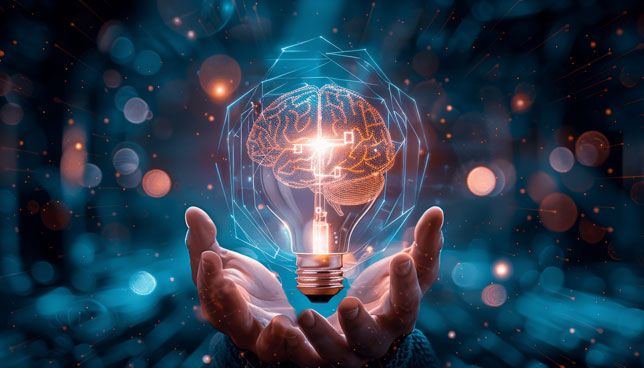K-12 Technology News
Here you'll find the latest news from the education technology world, from the newest hardware and software releases to policy and funding updates to research reports to school and district tech initiatives. Looking for more in-depth coverage of important topics? Be sure to visit our Features page.

Rubrik has introduced Okta Recovery, extending its identity resilience platform to Okta with immutable backups and in-place recovery, while separately detailing its integration with Okta Identity Threat Protection for automated remediation.

Education nonprofit Code.org has partnered with CSforALL to launch the Hour of AI, a global initiative providing learning activities for AI education.

Cloud infrastructure is central to the shift from AI experimentation to AI integration, according to a report from Cloudera on enterprise AI adoption.

Zoom Cares, the global social impact arm of collaboration platform Zoom, has announced a three-year, $10 million commitment to expand access to AI education and opportunity through both national and regional grants.

McGraw Hill has added ALEKS for Calculus to its lineup of ALEKS digital learning products, bringing AI-powered personalized learning support to the calculus classroom.

Google Cloud has released its second annual ROI of AI study, finding that 52% of enterprise organizations now deploy AI agents in production environments. The comprehensive survey of 3,466 senior leaders across 24 countries highlights the emergence of a distinct group of "agentic AI early adopters" who are achieving measurably higher returns on their AI investments.

Microsoft has unveiled a public‑preview of its collaborative agents in Microsoft 365 Copilot, bringing a array of "always‑on" agents grounded in context for channels, meetings, SharePoint sites, Viva Engage communities, and Planner workloads.

BBC Studios has launched a free virtual field trip based on its Walking with Dinosaurs television series, designed to bring prehistoric adventures to life for students in grades 3-6.

HPE recently introduced new capabilities for its Juniper Mist platform that leverage agentic AI to enable more autonomous, intelligent, and proactive network operations.

Microsoft has announced that its Windows 365 Cloud Apps are now available in public preview. This allows IT administrators to stream individual Windows applications from the cloud, removing the need to assign Cloud PCs to every user.